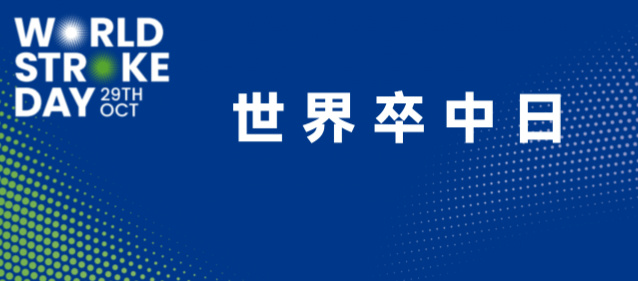Status of and prospects for cancer vaccines against hepatocellular carcinoma in clinical trials
Current therapies to treat advanced hepatocellular carcinoma (HCC) are not satisfactory because of the high rate of recurrence after treatment and because of severe complications after surgery. Cancer vaccines have been studied for decades to achieve effe
Current therapies to treat advanced Hepatocellular carcinoma ((HCC)) are not satisfactory because of the high rate of recurrence after treatment and because of severe complications after surgery. cancer vaccines have been studied for decades to achieve effective, microinvasive,long-lasting anti-tumor action. Cancer vaccines are designed to promote tumorspecific immune responses and increase specific cytotoxic CD8-positive T cells. This review summarizes 16 phase I clinical trials of cancer vaccines against HCC that have been conducted over the past 10 years. According to those trials, the Alpha fetoprotein (AFP),Glypican-3 (GPC3), and Multidrug resistance-associated protein 3 (MRP3) vaccines were well tolerated and safe. Some early clinical trials have shown that vaccination resulted in a large number of T cells activated by a specific tumor-associated antigen in the circulation, but clinical outcomes were not satisfactory. This may be because targets for immunosuppressive agents have yet to be clearly determined in HCC. Therapeutic regimens that combine activative agents and suppressive agents may profoundly improve clinical outcomes for patients with HCC in the future.

阅读原文请见:Status of and prospects for cancer vaccines against hepatocellular carcinoma in clinical trials



.jpg)


